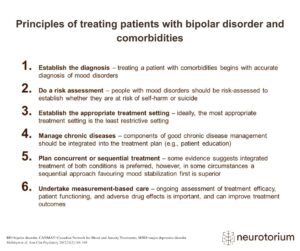Depression is associated with reduced levels of the monoamines in the brain, such as serotonin (5-HT). The selective 5-HT re-uptake inhibitors (SSRIs) are thought to restore the levels of 5-HT in the synaptic cleft by binding at the 5-HT re-uptake transporter preventing the re-uptake and subsequent degradation of 5-HT. This re-uptake blockade leads to the accumulation of 5-HT in the synaptic cleft and the concentration of 5-HT returns to within the normal range. This action of SSRIs is thought to contribute to the alleviation of the symptoms of depression. In the presence of the SSRI, small amounts of 5-HT continue to be degraded in the synaptic cleft.
Click here: Explore the use of SSRIs in depression treatment





